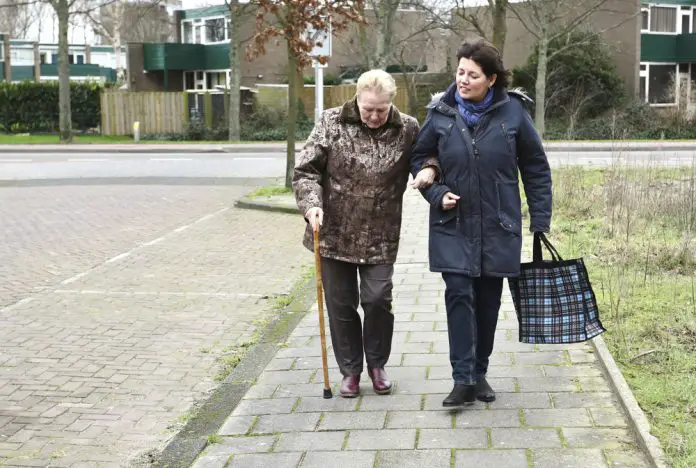Experts from 17 Australian universities have published a new report calling for urgent reform of the working conditions in aged care as an election benchmark.
The report published this week by the Work and Family Policy Roundtable – a multi-disciplinary network of more than 32 experts from 17 universities – is calling for reform of the national policy settings of work, care and family policies ahead of the Federal election.
Among its 36 recommendations, the network is calling for the introduction of 12 weeks of paid end-of-life leave for carers, minimum 4-hour shifts for casual and part time workers, and the inclusion of superannuation in paid parental leave.
The roundtable’s co-convenor, Associate Professor Elizabeth Hill from the University of Sydney, says the Royal Commission into aged care quality and safety is highlighting a need for urgent reform in frontline care work and increased expenditure on long term care.
Australia’s public expenditure on long term care is currently at 1 per cent of GDP compared to the OECD average of 1.8 per cent.
“The shocking stories emerging from the aged care royal commission stress the urgent need for reform,” Associate Professor Hill said.
“Australia would be in a much better position to deliver a sustainable and high-quality care system if public investment in care infrastructure was increased by an additional 2 percent of GDP expenditure.
“Our research shows current funding models underwrite fragmented and insecure work in frontline care work. We need to shift the dial so that Australia’s care infrastructure can meet the demands of an ageing population.”
The report argues for expanded public investment in social care that spans quality assurance systems for decent employment conditions and high quality sustainable services, stating: “This is critical given the financial and consumer risk embedded in Australia’s highly marketized model of social care.”
Co-convener Professor Sara Charlesworth of RMIT University said: “The care workforce, including child care, aged care and disability care, is female-dominated with poor working conditions; many jobs are low-paid, casual and insecure.
“Decent working conditions, including higher wages for the care workforce are essential for the delivery of high-quality care for our children and elderly as well as those living with a disability.
“The federal government is ultimately responsible for ensuring the sustainability of the care sector and workforce,” Professor Charlesworth said.
Policy recommendations detailed in the report include:
- Aged care benchmarks that recognise the importance of decent working conditions and time to care in providing good quality care
- National and state-based occupational health and safety laws to explicitly recognise gender-based violence
- Establish a Federal Agency for Work, Care and Community responsible for overarching design and implementation of equitable work, care and family policies
- Providing casual employees access to paid personal and carers leave
- Providing domestic violence leave as paid leave in the National Employment Standards
- Improving access to replacement care for carers of a person with a disability, chronic illness, or frailty due to old age
- Introducing 12 weeks of paid end-of-life leave for carers
- Including superannuation in paid parental leave.
- Recognition of and support for the family responsibilities of care works (and those working in other sectors) coming to Australia as temporary migrants.
“Policy settings for a prosperous, healthy and equal Australia must provide households with time to work and time to care for family and community in a way that suits their circumstances,” said Associate Professor Hill.
“Australians are very clear about their care preferences: family care is highly desired, but so too are high quality formal care services delivered professionally in both centre-based and in-home settings.
“Successive Australian governments have pursued gender equality focused on increasing women’s participation in paid work. Gender equality in the paid workforce cannot be achieved unless new and equitable ways of organising care are found.”











I was reprimanded for being too slow when providing quality care to residents. The Aged Care sysyem in residential facilities is highly regimented. Patients are not given enough time or attention.
Staff bullying also vetty common, power structures abusive.